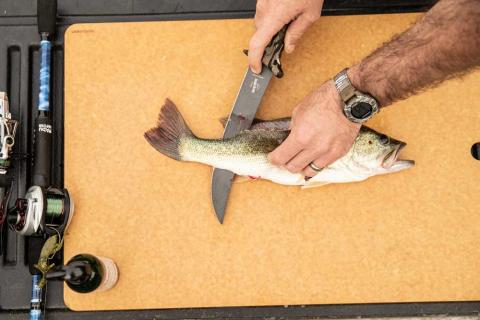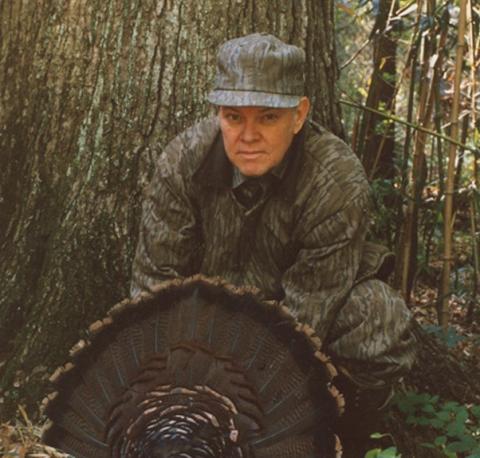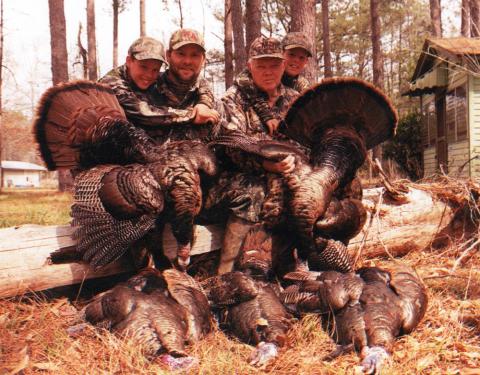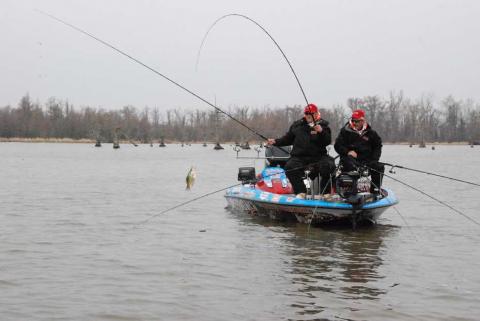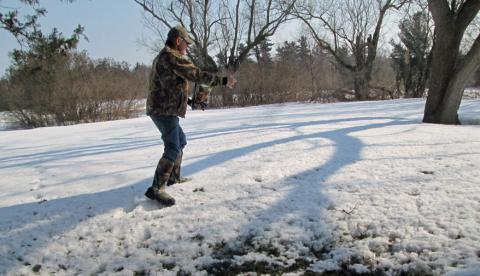Phillip Gentry
For die-hard anglers who desire to fish year-round but would like to escape the heat and oppression that the summer sun brings, there is a simple solution – fish at night. Night fishing conjures up many memories for different anglers – whether their preferred target is bass, crappie, stripers, catfish, or even saltwater species.
Night fishing can be a productive time, with less heat, less boat traffic, less competition and ample fishing opportunities. However, to make the most of those opportunities, there are a few guidelines that need to be followed to make your nocturnal outings the best they can be.
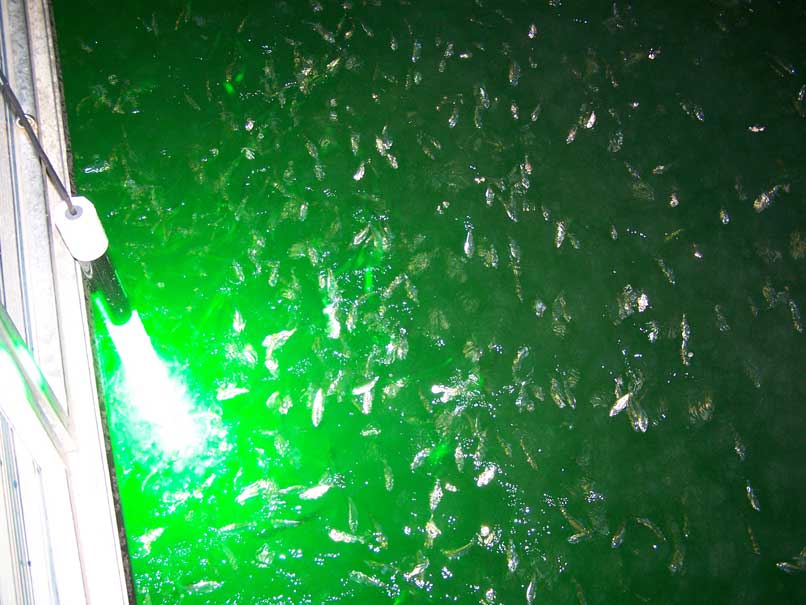
1. Get Organized. A simple idea that means a lot when darkness limits your ability to see, organizing your boat, your tackle, your gear, and even your game plan is an important first step.
Deciding what and how you are going to fish will make it easier to plan and organize. If applicable, tie up spare rigs or baits ahead of time. Place these in an area you can easily access without having to search for them.
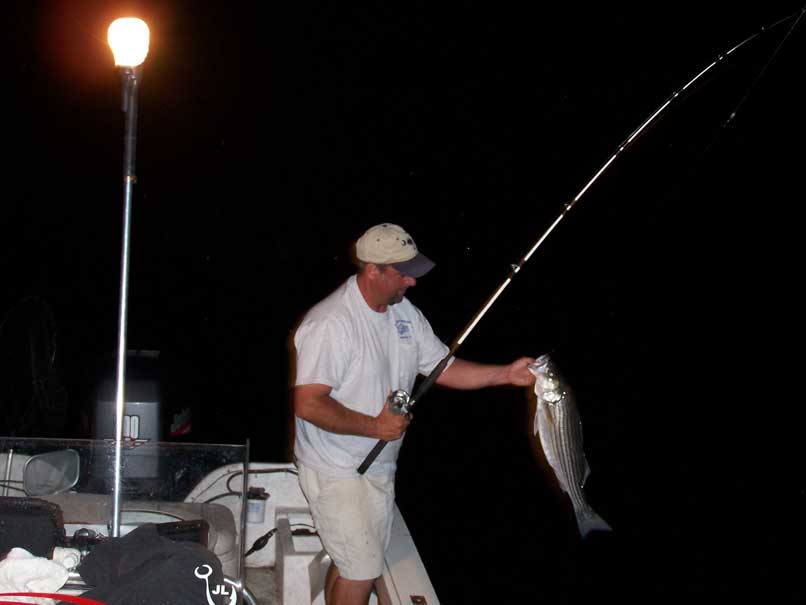
TACKLING THE TACKLE BOX: RESTOCKING WHAT YOU’LL NEED FOR FUTURE FISHING TRIPS
2. Decide on a tactic and stick to it. When night fishing, if you decide to run lighted docks then make that the entire outing gameplan. If you are going to anchor in the bend of a river near blowdowns, same plan. One tactic/plan will reduce the number of rods, tackle, and bait you need and make for a more efficient trip.
It is much easier to change locations than tactics at night if you have spent time properly preparing your boat and gear.
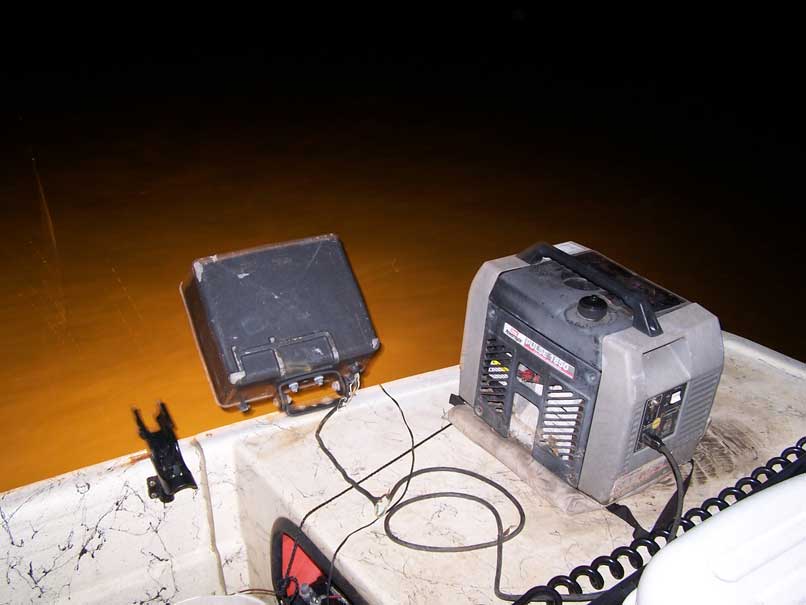
3. Strategically place your lighting. Depending on the style of night fishing you’re doing and the species you’re after, you may not need any additional light, just enough to retie a line or de-hook a fish.
For anchoring or slow trolling/drifting, a two light system will assist in attracting and catching fish. An ambient light system will help with seeing the rods, baiting hooks and un-hooking fish. Use as minimal light as possible to avoid drawing insects to you. A submersible lighting system is used to attract baitfish to your location. Green is a popular color and some models can even be lowered under the water.
Other fish attracting lighting situations may involve the use of generators to produce sufficient power to light the water and draw in fish. Make sure the generator, additional fuel, and lights are arranged to minimize noise, spillage and be out of the way of your fishing.
4. Understand the Water. Many impoundments may have power generation or oxygen release schedules that change during nighttime operation. It’s helpful to know these schedules if you are depending on having or not having current.
Night fishing during the summer can often mean dealing with thermoclines. Most modern sonar units are capable of detecting the optimal layer of water to fish in. Make note of these areas and levels and make adjustments.
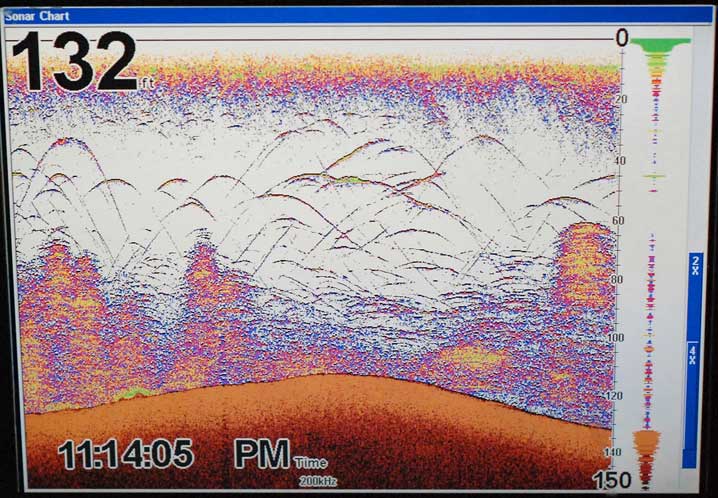
Fish also frequently hold higher in the water column at night than during the day so leave your electronics on even if at anchor so you can keep up with what’s happening below or around the boat.
Don’t lose track of the weather. Summertime storms can pop up in the dark without being detected until they are on top of you.
5. Pick Your Locations Ahead Of Time. Part of your preparation before a night trip should be deciding where you want to fish. Even if your game plan includes running-and-gunning and casting to lighted piers and docks, it’s best to know where those docks are located before the sun sets.
In anchored up or slow trolling situations, it’s best to have spots or areas on your chart mapped out ahead f time. The key here is you’d like to hit a homerun at the first spot and stay on it without having to move versus trying 2-3 likely spots as you would during daylight hours.
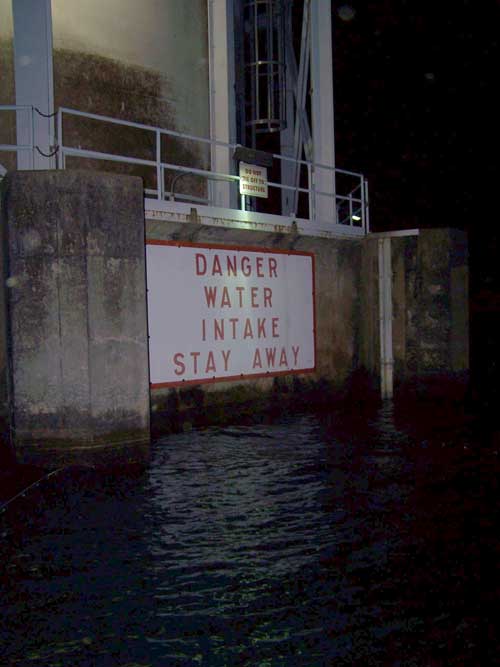
On the other hand, if your best spot fails to produce, then have a good backup location or two in mind and take the time to pick up and re-settle at the next location properly. Coming off anchor unexpectedly in the dark can cause you to lose a fish in a best-case scenario or put you in damage control in a worst-case scenario.

















